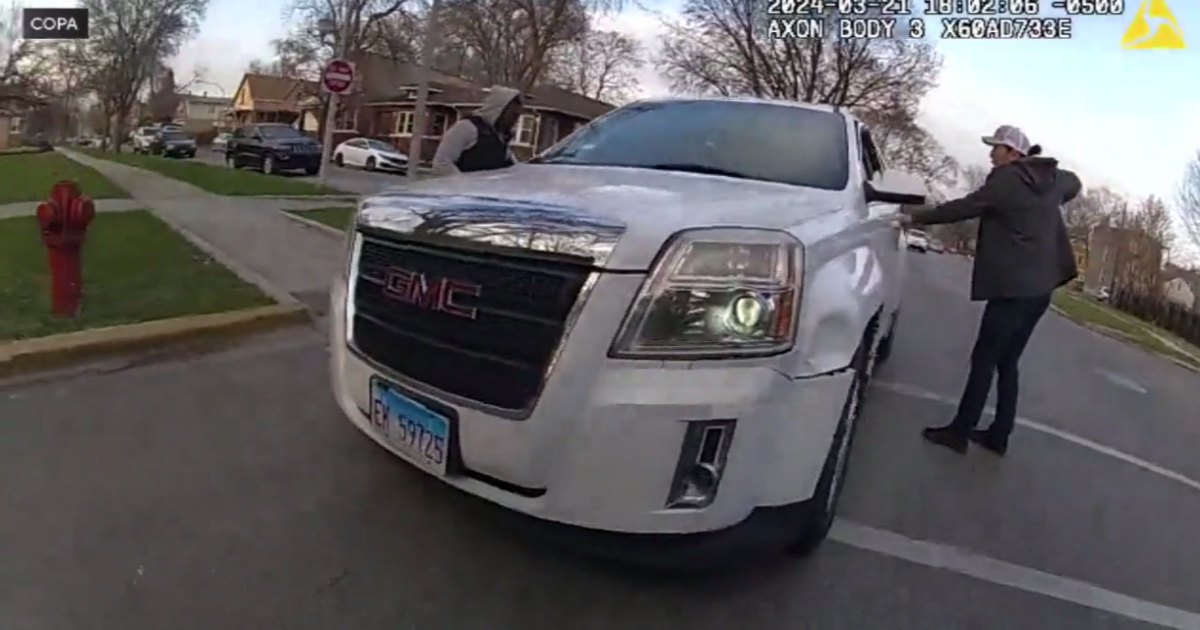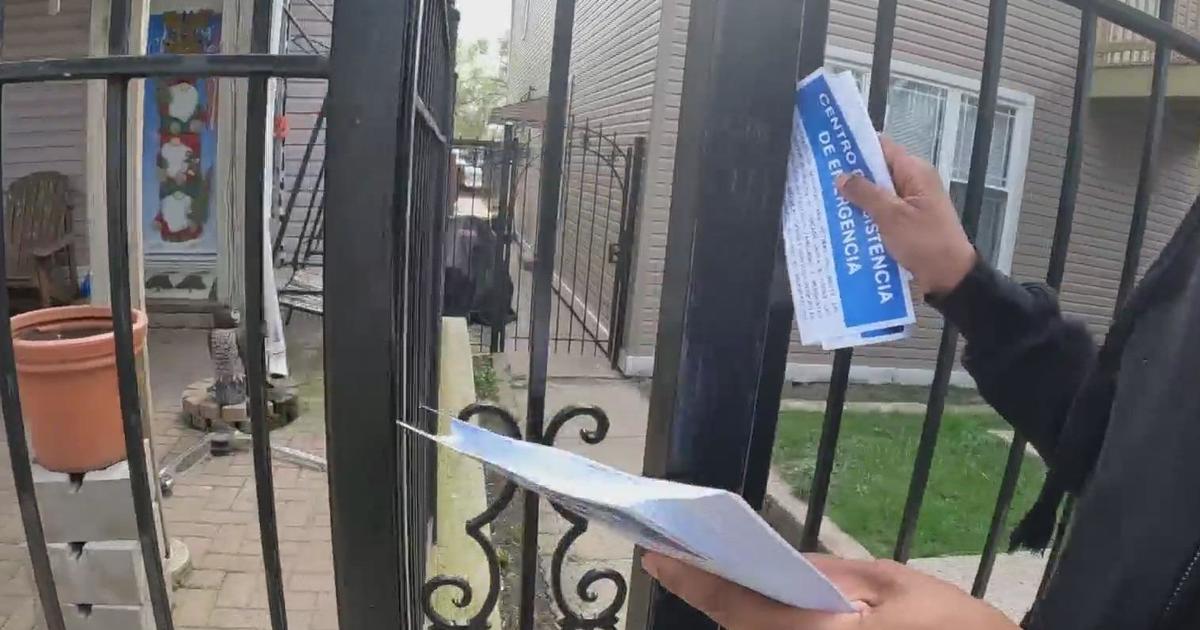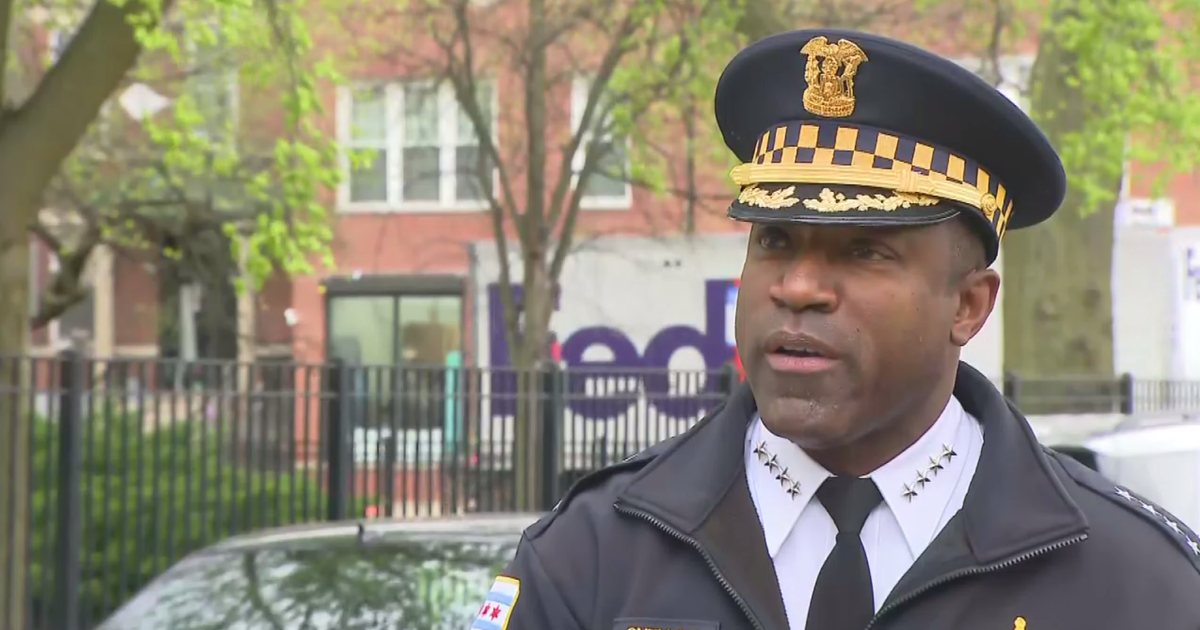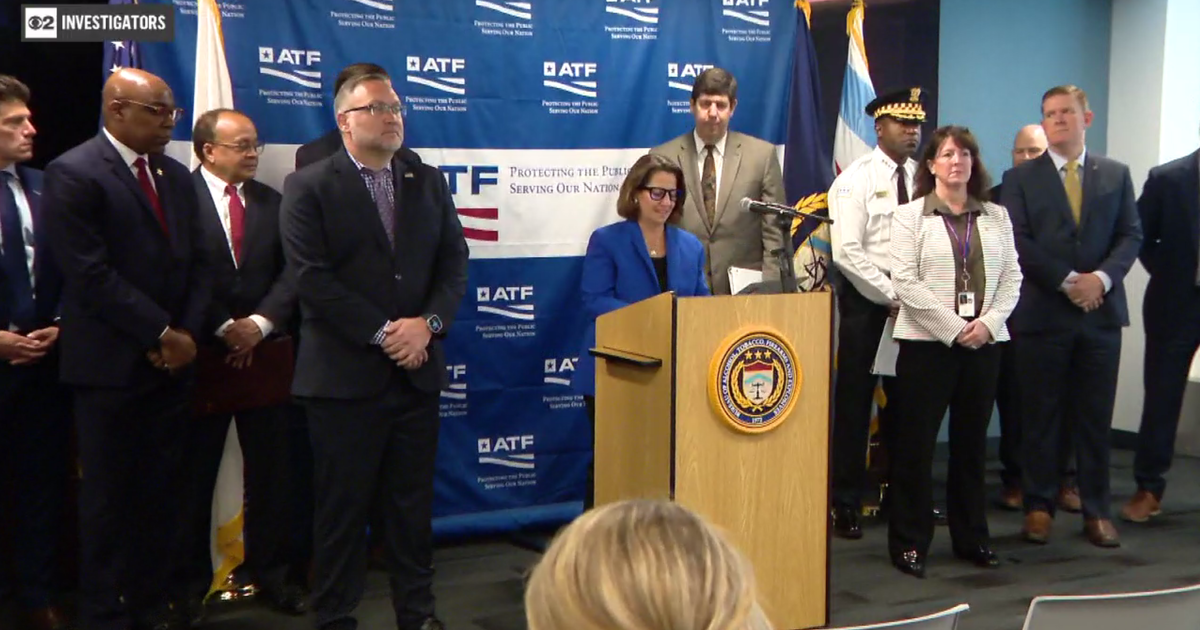CPD Supt. David Brown Stresses Building Public Trust After Another Bloody Weekend; 'You'll See Community Policing On Steroids'
CHICAGO (CBS) -- After another violent weekend that saw dozens of people shot in Chicago, Police Supt. David Brown stressed that not only do new crime-fighting strategies need time to be implemented and have an impact on the city, but the department needs to continue stepping up efforts to build community partnerships.
"You'll see community policing on steroids in this department," Brown said.
From 5 p.m. Friday through 5 a.m. Monday, at least 64 people were shot in Chicago, 11 of them fatally. It was at least the fourth weekend in a row when more than 60 people were shot in the city.
The weekend's bloodshed came on the heels of the Chicago Police Department's announcing it was creating a new specialized citywide unit to deploy into high crime areas to prevent violence before it happens. Brown noted that the new unit has not been formed yet, "so don't judge something that hasn't happened yet."
Brown also said the new unit will not be focused simply on getting guns off the streets, and arresting violent criminals, but will be "a community-oriented policing first unit."
"That's different. That's not your father's citywide unit. That's not the citywide unit you all have written stories about in the past. That is not something that has been done with a citywide unit from what I understand. And we'll be doing that community partnerships project everyday as part of their job," he said.

The superintendent also noted he's been on the job as the city's top cop for less than three months, and many of the root causes of violent crime in Chicago are issues that date back decades, so "it's gonna take more than ten weeks."
Brown said he believes community policing needs to be a bigger emphasis for the Chicago Police Department, so he wants even the department's specialized units to do community service projects at least once a week "so that they don't see through a very narrow lens their job as only enforcers."
"I want to do it every day in the community, so that we are seen as a partner in the community, particularly on the West Side and South Side. We should not be seen as an occupying force only there for enforcement," he said.
In particular, Brown said he wants to see more street outreach and partnerships with violence interrupters, in an effort to help steer young people away from a life of crime.
"We have to be able to talk with these young people, and steer them to a different path," he said.
The superintendent said, particularly on the West Side, too many young people end up selling drugs because there aren't enough jobs that provide them with the kinds of wages that can help them support a family.
"If the biggest employer on the West Side for these young people is the drug market, the challenge and the answer is much more than policing," he said. "They need a real opportunity to learn a trade, to be part of the capitalist market, and not driven to only see the drug market as the only legitimate way to make money. It is perverted capitalism that is selling something that's destroying the community, that's increasingly dangerous for them to participate in, but they see that only as the choice they have."
"This is a complex, nuanced problem that will take more than just the police," he added. "This is about social inequality. That's not the police. This is about vocational opportunities, job opportunities, job training opportunities. That's not the police."





